Trippie Redd is getting back in album gear, and today he’s dropped a video for “Holy Smokes,” the second new song off his forthcoming record, Trip At Knight (get it?). On the track, he’s teaming up with Lil Uzi Vert, who has been in hot water lately due to a violent altercation with his ex-girlfriend, who later accused him of abuse and stalking. The rappers are focused on other issues during this clip, though, namely getting their racks up, though the lyrics admit stacking cash isn’t everything — “but I still can’t buy love,” they croon.
“Holy Smokes” follows up the first Trip At Knight single, “Miss The Rage,” which featured Playboi Carti. With two massive features on his first two singles, looks like Redd will be hitting up plenty of guests to appear on this new project. Redd also recentl guested on Uproxx’s own sessions showcase, performing “V12” off his 2020 Pegasus album. Considering Trippie just released that project a few months ago, it’s impressive and ambitious that he’s already readying another new project. But that’s the cadence that has become the norm for this new generation of hip-hop stars. Check out the “Holy Smokes” video above and look for more info on Trip At Knight coming soon.

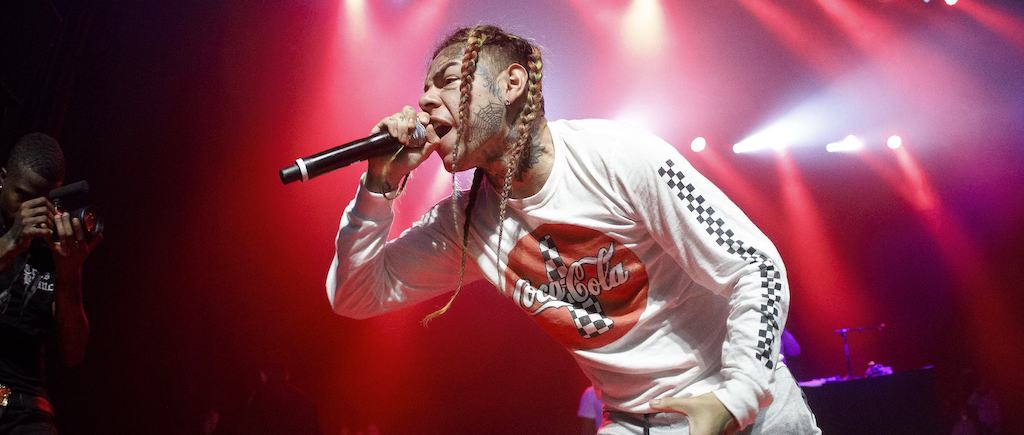
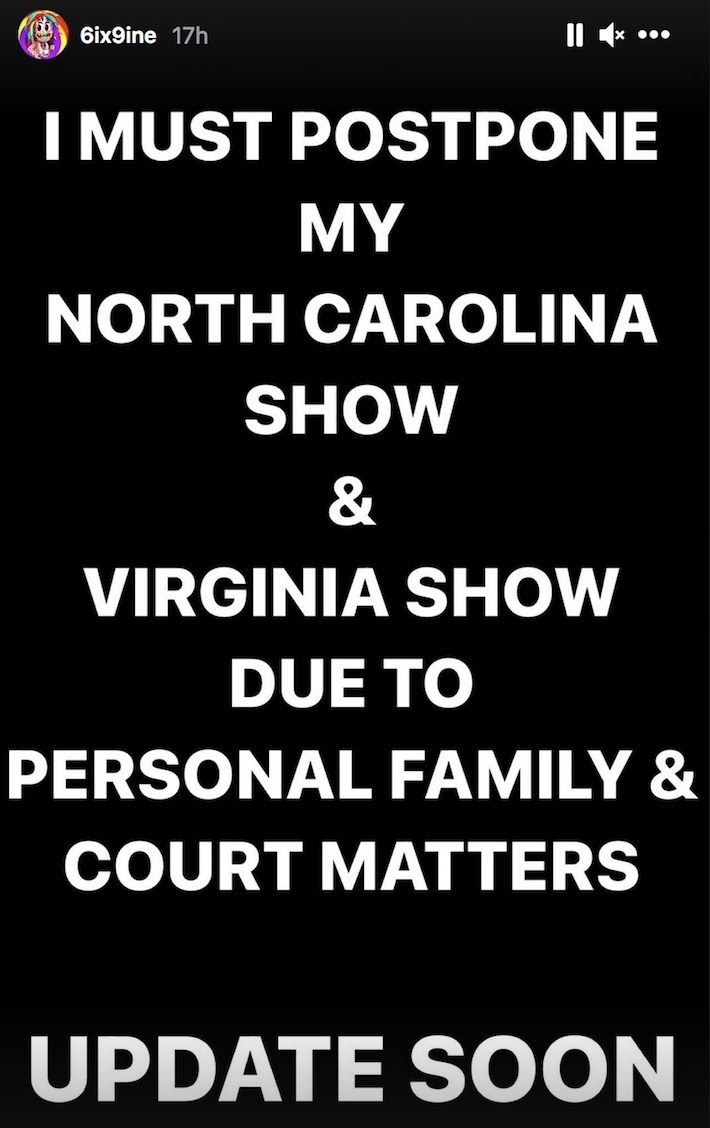
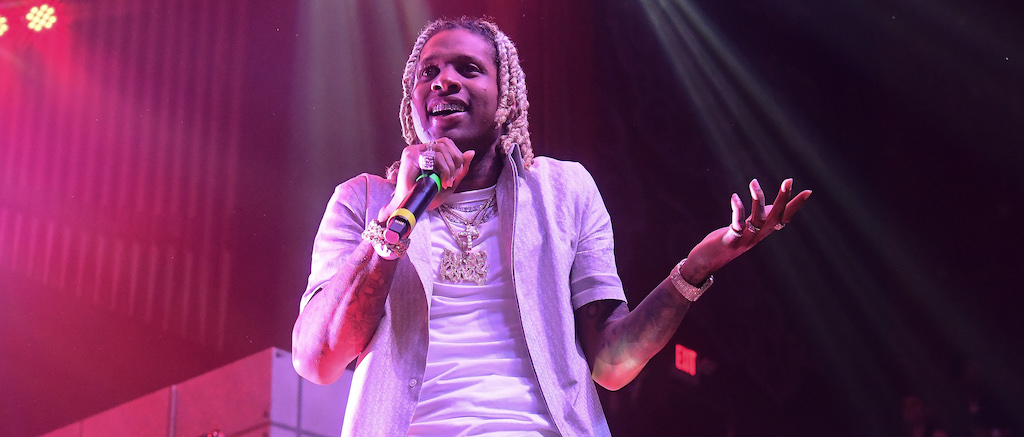
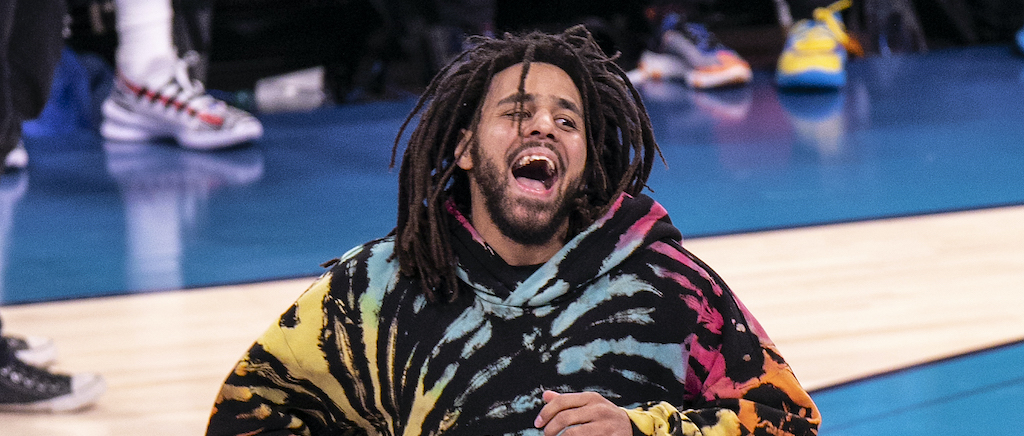



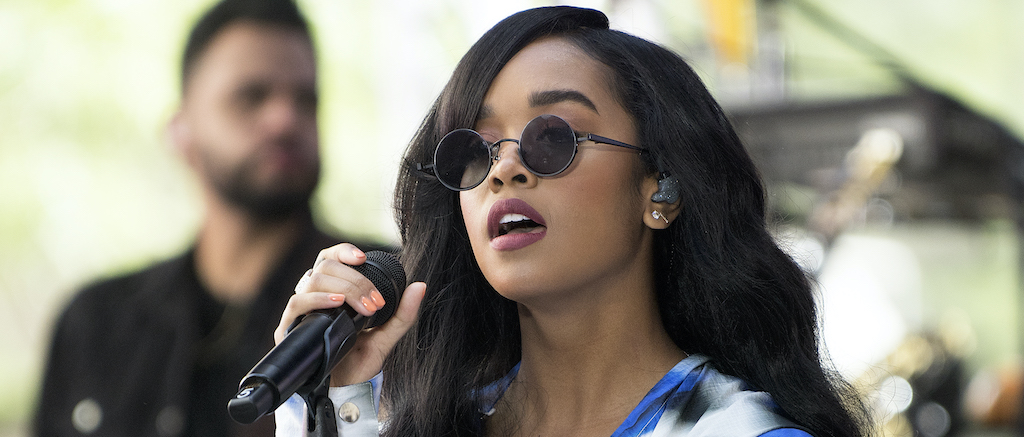
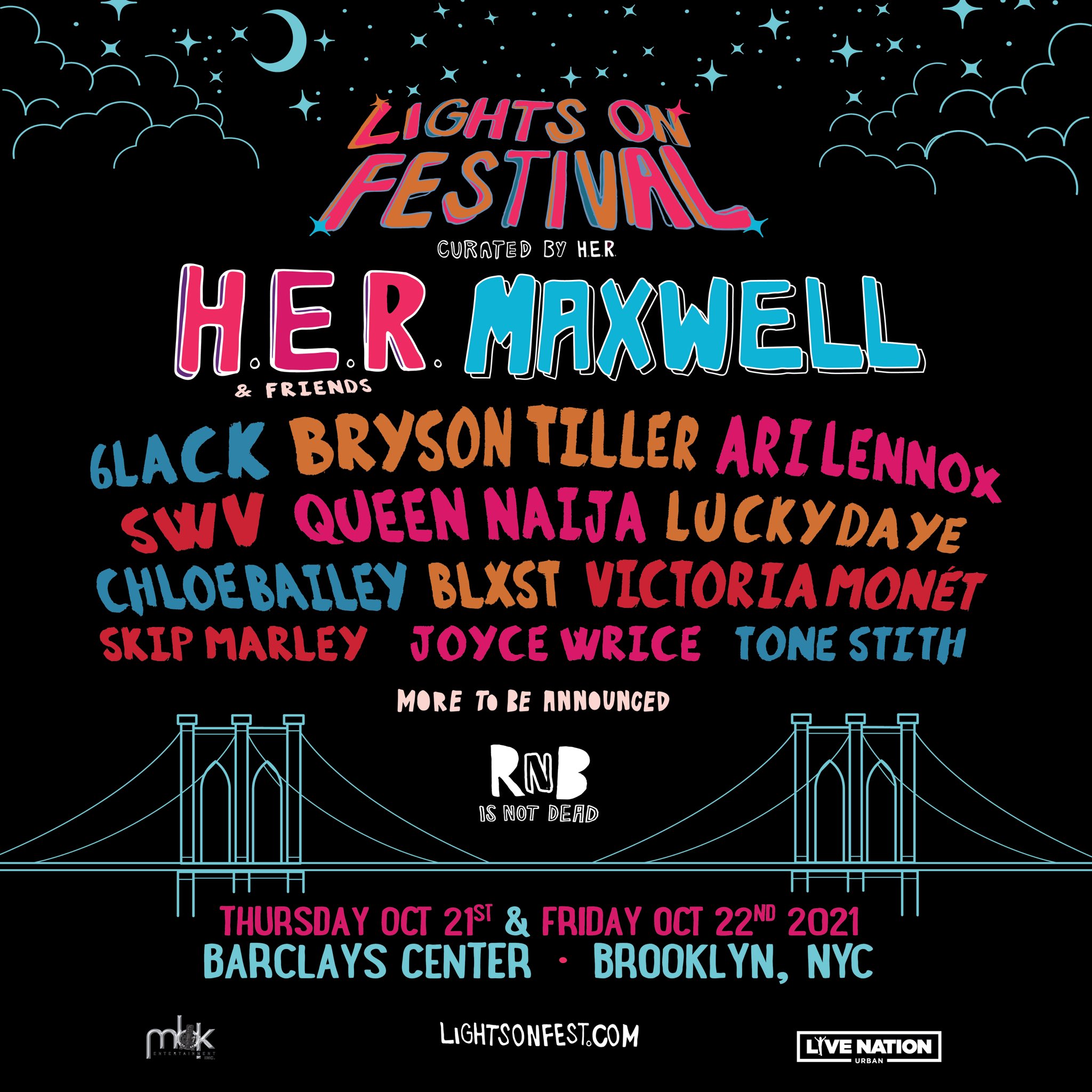
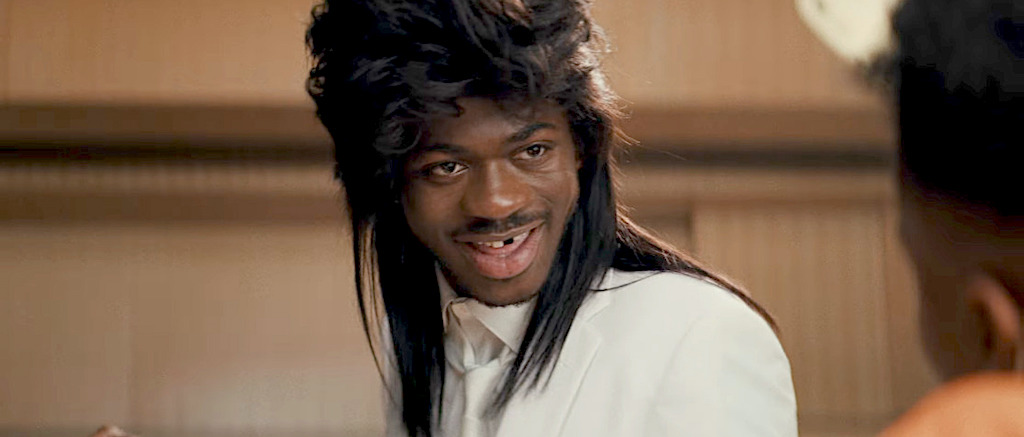
 (@LilNasX)
(@LilNasX)